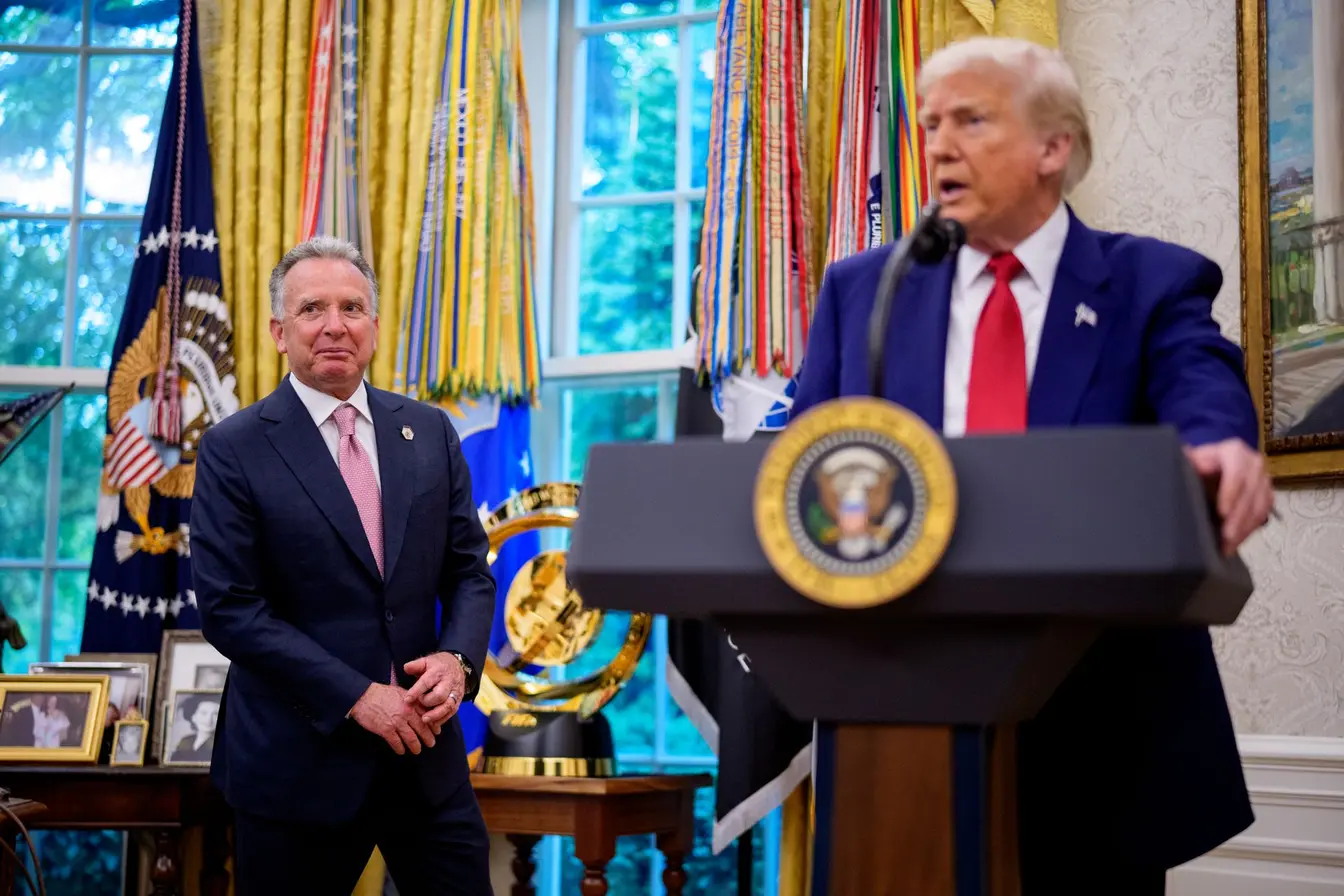T4K3.news
US envoy visits Moscow amidst rising tensions
Steve Witkoff's Moscow visit reflects tighter US stance on Russia amid ongoing military conflict.
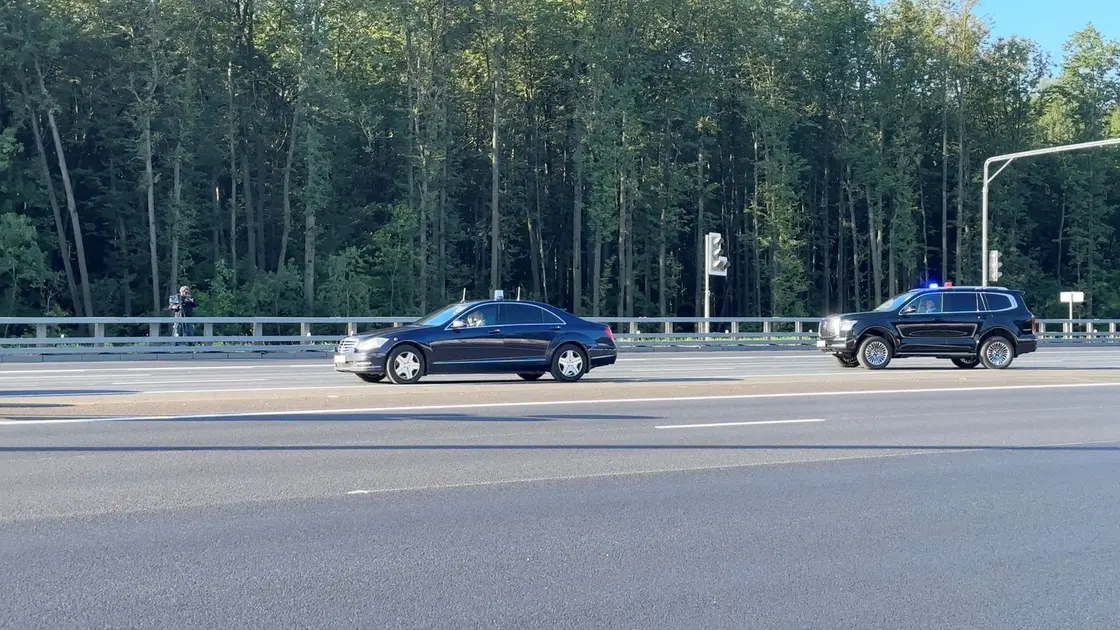
The US Special Envoy's demeanor suggests a complex negotiation climate with Russia.
US envoy in Moscow might influence Putin but no ceasefire is expected
Steve Witkoff, the US Special Envoy, was seen casually walking through a Moscow park, yet his visit highlights the intensified stance of the Trump administration toward Russia. While Witkoff interacted with Russian officials, including a handshake with President Vladimir Putin, the underlying strategy appears to be one of pressure. President Trump has sharpened his rhetoric recently, labeling Russia's actions as disgusting and reducing the timeline for potential Russian compliance. Trump's threats of sanctions loom large, particularly secondary sanctions targeting nations reliant on Russian exports. Nonetheless, experts doubt that Putin will concede to a full ceasefire, as Russian military operations are ongoing and Moscow's territorial ambitions remain unfulfilled. Witkoff may secure limited concessions to mitigate sanctions but a comprehensive resolution seems unattainable.
Key Takeaways
"It's unlikely Putin will agree to a full ceasefire."
This reflects the current military dynamics and Putin's territorial goals.
"Trump has described Russia's continued attacks as disgusting."
This statement captures the increasing severity of the US administration's stance.
"Secondary sanctions could force nations like China and India to stop buying Russian oil."
This illustrates the potential economic consequences of US pressure on Russia.
"Russia might agree to an air truce, but why would that satisfy Trump?"
The mention of a potential air truce raises doubts about its effectiveness in peace talks.
The casual demeanor of Witkoff during his Moscow visit may project a message of calm diplomacy, but it masks deeper tensions. The Trump administration's evolving narrative towards Russia suggests a significant shift from previous engagements, one where punitive measures are increasingly on the table. As the situation unfolds, the interplay between public statements and diplomatic actions will be critical. The continued military advances by Russia limit Putin's willingness to pause hostilities unless faced with debilitating economic pressure. This visit reflects a broader strategy that seeks to blend firm rhetoric with the potential for limited negotiation, although the outcomes remain uncertain.
Highlights
- Trump's rhetoric against Russia is sharper than ever.
- Limited concessions may arise, but a ceasefire seems unlikely.
- Witkoff walks casually but the stakes are very high.
- Putin's military ambitions overshadow peace talks.
Potential economic fallout from sanctions
Threats of sanctions could negatively impact Russia's economy and its relations with key allies, including China and India.
Future talks may reveal more about the Kremlin's willingness to compromise.
Enjoyed this? Let your friends know!
Related News
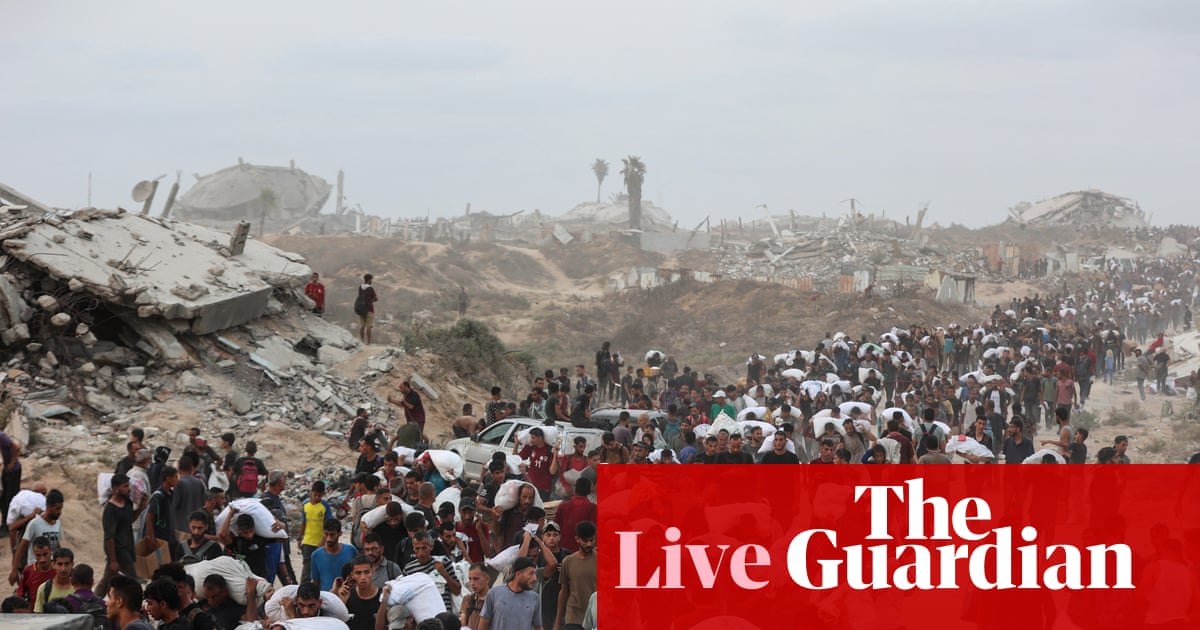
US envoy visits Gaza amid rising fatalities
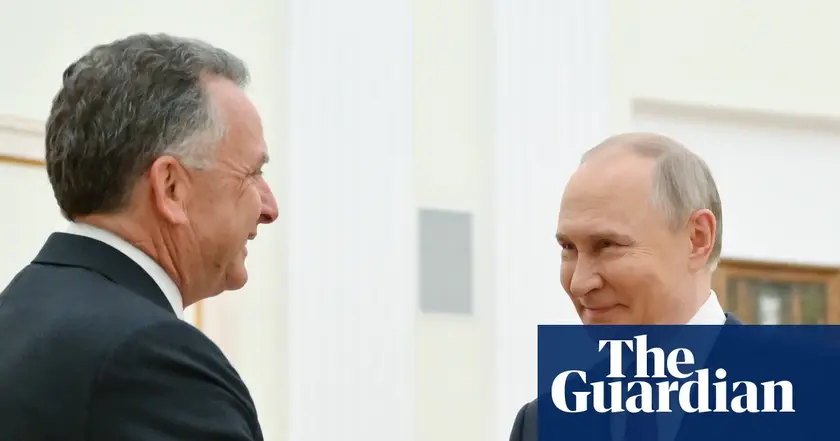
Trump envoy visits Moscow amid sanctions threat
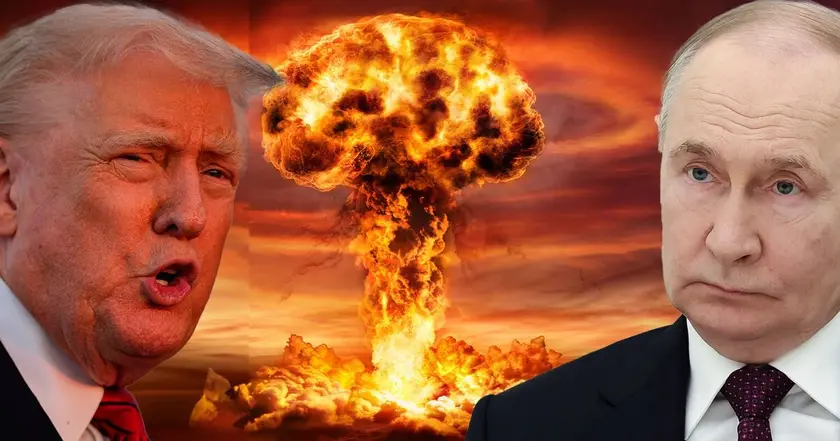
Russia relocates nuclear bombers closer to Europe
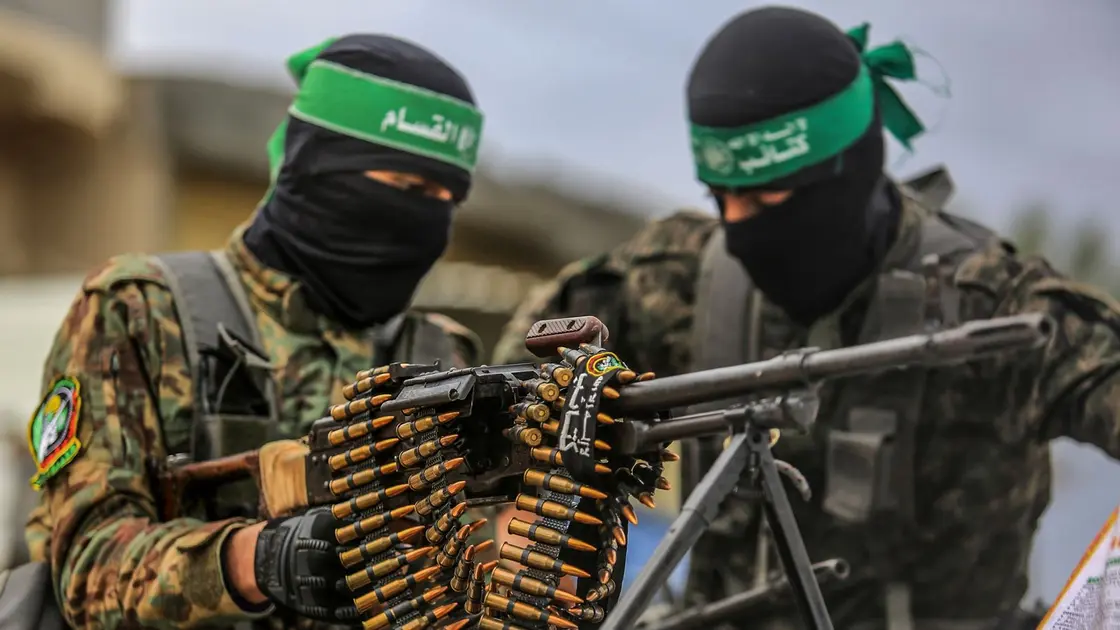
Hamas will not disarm until Palestinian state is recognized
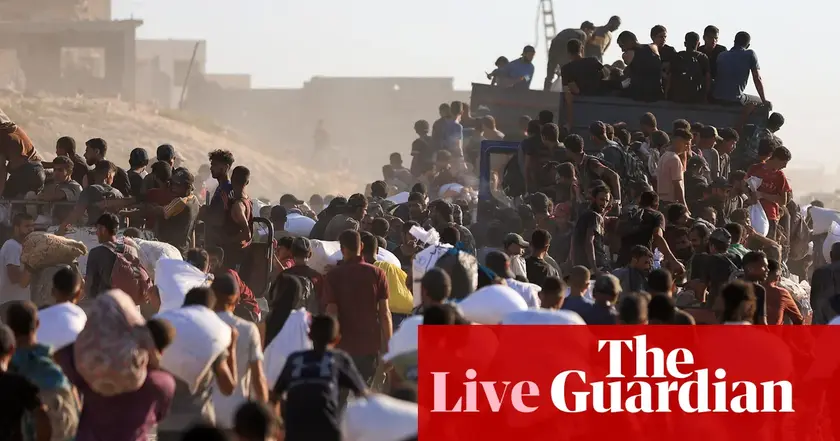
IDF gunfire kills 30 Palestinians waiting for aid
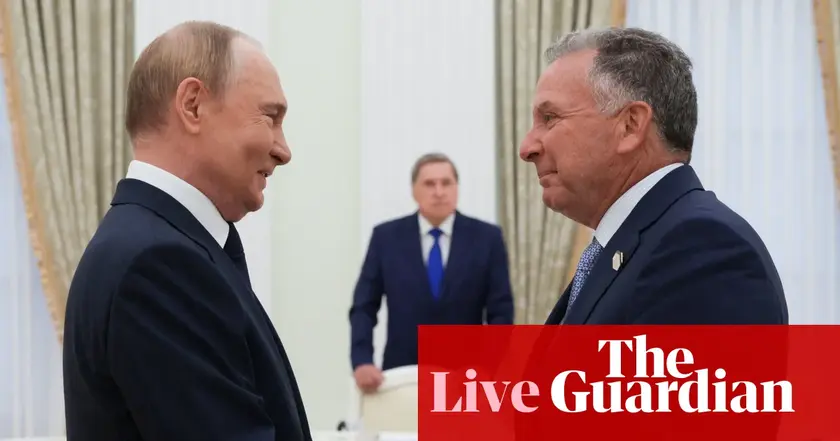
Putin and US envoy meet ahead of Trump deadline
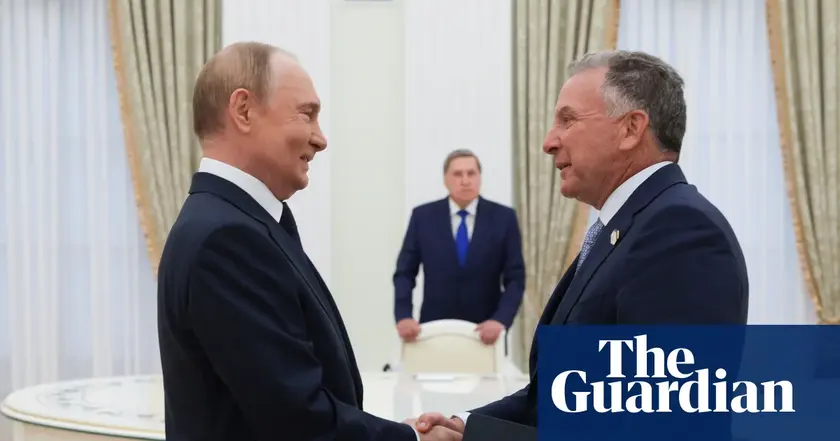
Trump plans meeting with Putin over Ukraine conflict
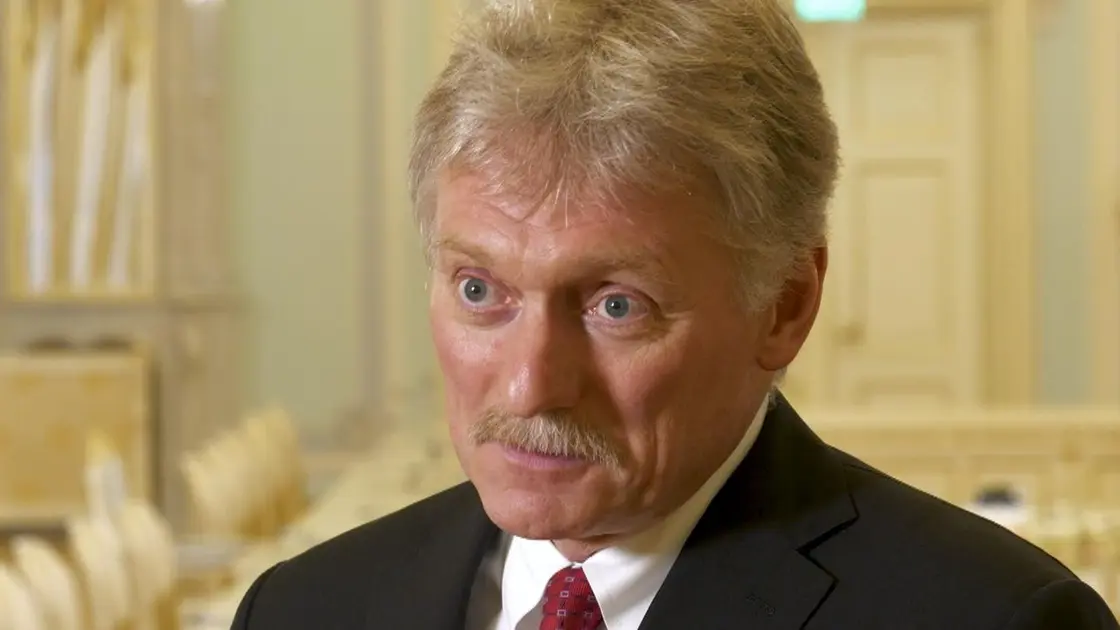
Kremlin expresses caution on nuclear rhetoric amid US tensions
